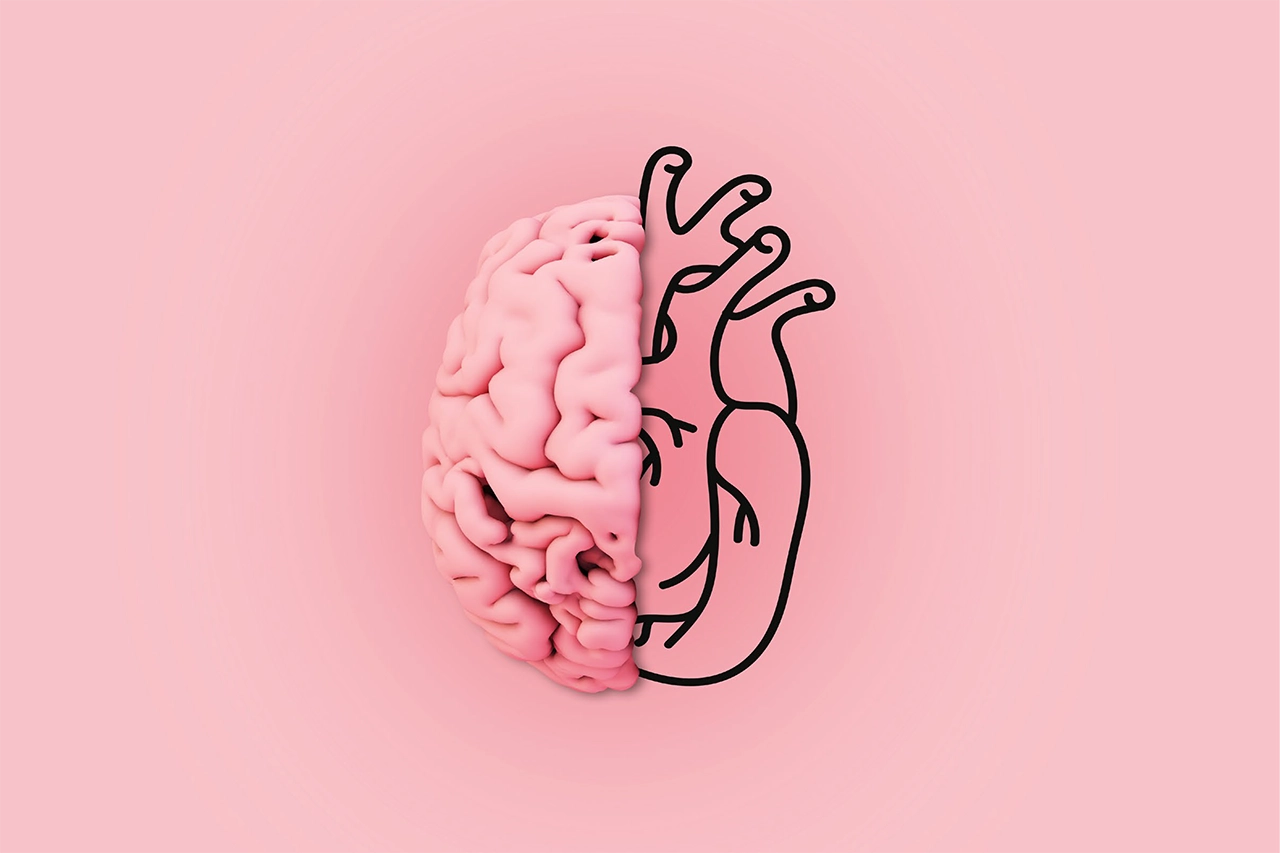[1] Blessed, G., Tomlinson, B. E., & Roth, M. (1968). The association between quantitative measures of dementia and of senile change in the cerebral grey matter of elderly subjects. The British journal of psychiatry : the journal of mental science, 114(512), 797-811. https://doi.org/10.1192/bjp.114.512.797
[2] Bateman, R. J., Xiong, C., Benzinger, T. L., Fagan, A. M., Goate, A., Fox, N. C., Marcus, D. S., Cairns, N. J., Xie, X., Blazey, T. M., Holtzman, D. M., Santacruz, A., Buckles, V., Oliver, A., Moulder, K., Aisen, P. S., Ghetti, B., Klunk, W. E., McDade, E., Martins, R. N., … Dominantly Inherited Alzheimer Network (2012). Clinical and biomarker changes in dominantly inherited Alzheimer’s disease. The New England journal of medicine, 367(9), 795-804. https://doi.org/10.1056/NEJMoa1202753
[3] Guptarak, J., Scaduto, P., Tumurbaatar, B., Zhang, W. R., Jupiter, D., Taglialatela, G., & Fracassi, A. (2024). Cognitive integrity in Non-Demented Individuals with Alzheimer’s Neuropathology is associated with preservation and remodeling of dendritic spines. Alzheimer’s & dementia : the journal of the Alzheimer’s Association, 20(7), 4677-4691. https://doi.org/10.1002/alz.13900
[4] Livingston, G., Huntley, J., Liu, K. Y., Costafreda, S. G., Selbæk, G., Alladi, S., … & Mukadam, N. (2024). Dementia prevention, intervention, and care: 2024 report of the Lancet standing Commission. The Lancet, 404(10452), 572-628.




